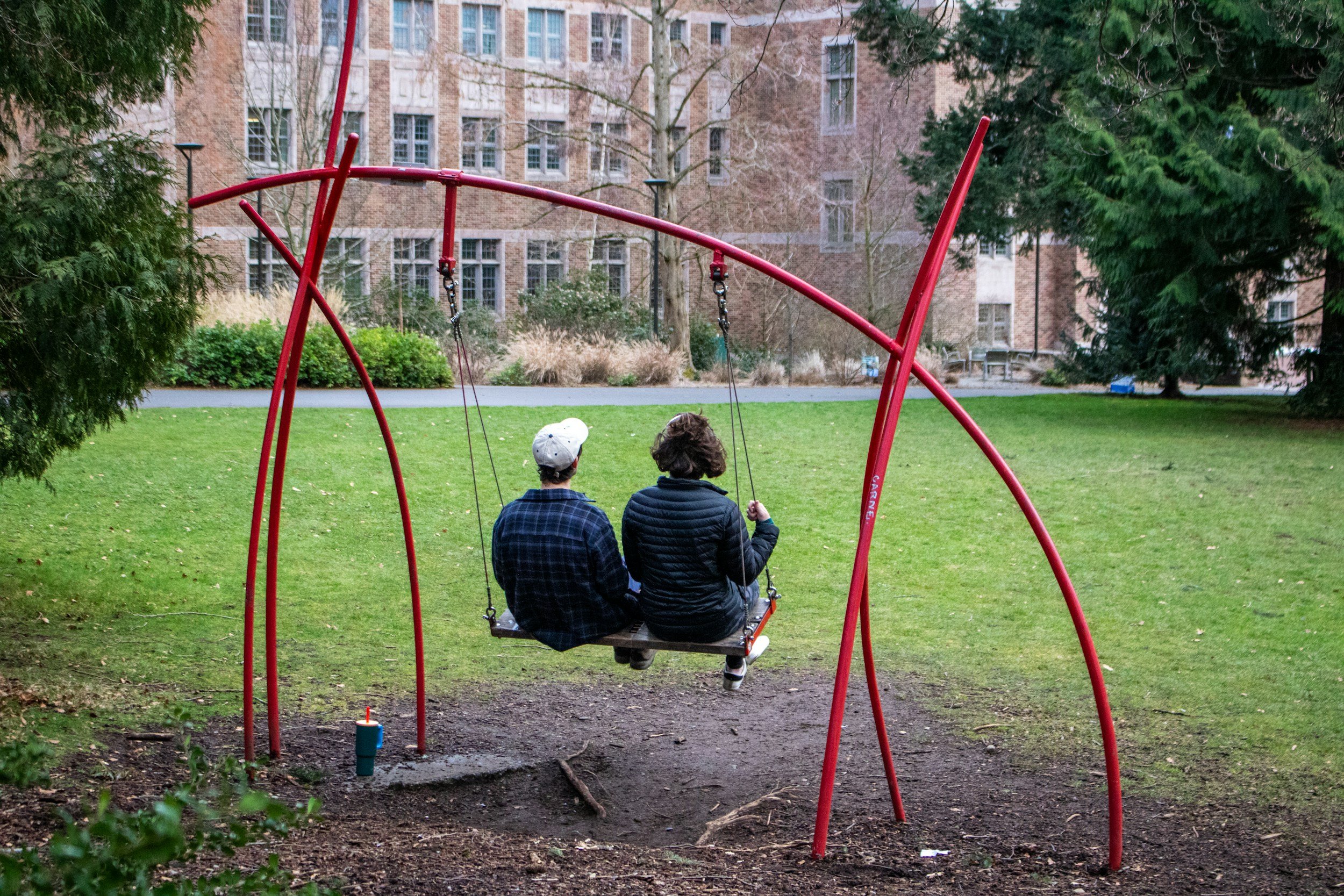Discernment Counseling for Couples in Franklin
Clarity. Confidence. Direction.
When you’re unsure whether to stay or separate
Are you and your partner feeling stuck—one unsure about staying, the other hoping to work it out? Discernment counseling is a short-term, structured process (typically 1–5 sessions) designed specifically for couples who are ambivalent about the future of their relationship.
Unlike traditional couples therapy, discernment counseling isn’t about solving every issue right now. It helps you slow down, reduce conflict, and make an informed, intentional choice about the next step.
The three paths we’ll consider
Path One: Stay the same – Maintain the status quo, with greater clarity about what that means.
Path Two: Separation or divorce – Choose to part thoughtfully and respectfully.
Path Three: Commit to couples therapy – Dedicate six months to work on the relationship with divorce off the table during that period.
Many couples leave discernment counseling with less blame, more understanding, and greater confidence in whatever path they choose.
Who discernment counseling is for
One partner is leaning out (unsure about staying) and the other is leaning in (wants to repair).
You’re considering separation/divorce but want to avoid reactive decisions made in the heat of conflict.
You want a clear roadmap—not years of therapy—so you can decide your next step with confidence.
You’re seeking a neutral, nonjudgmental space that honors both partners’ perspectives.
Frequently Asked Questions
-
Length- Discernment sessions are between 1 and 5 sessions, and the couple only commits to one session at a time, deciding whether to schedule an additional session at the end of each one.
The first session is 2 hours, while the following sessions are 90 minutes.
Format: We start together to clarify goals, then meet with each partner individually within the same session to understand perspectives, hopes, and concerns. We reconvene together to summarize insights and outline next steps.
Focus: Insight and decision-making—not skills training. (If you choose Path Three, we’ll move into couples therapy focused on communication, repair, and reconnection.)
-
Tailored for mixed-agenda couples (one leaning out, one leaning in)
Reduces pressure and de-escalates conflict so you can think clearly
Prevents premature divorce or prolonged limbo
Delivers a decision framework and a concrete plan for next steps
-
I am a Certified Discernment Counselor, trained through discernmentcounseling.com by Dr. Bill Doherty, who developed this model. Certification means I follow a research-informed, structured process built specifically for couples at this unique crossroads.
-
Should you both commit to working on the relationship, we’ll move into couples therapy with divorce off the table for six months. We’ll focus on:
Rebuilding safety and trust
Communication and conflict skills that stick
Repairing patterns and reconnecting emotionally and physically
Practical routines for long-term stability
-
Not exactly. Discernment counseling is a decision-making process. If you choose Path Three, we transition into couples therapy.
-
Discernment counseling works when both partners attend, but the initial commitment is just one session. The full process is short-term— 1–5 sessions—and the goal is clarity, not fixing everything right away. You won’t be pushed into couples therapy; that only happens if both of you choose Path Three.
If your partner is hesitant, it can help to frame it this way:
It’s neutral and balanced—each of us meets with the therapist individually within the session and we come back together to summarize.
It’s time-limited—unless we both opt into couples therapy, this is a short process designed to help us decide our next step with less pressure and conflict.
The ask is small: “Would you be willing to try one session to get clarity?”
Invite script you can use:
“I’m not asking us to commit to months of therapy today. Discernment counseling is 1–5 sessions total, and we can start with just one. It’s neutral, we both get individual time, and the goal is simply to understand our options so we can decide what’s next—together.”
-
The first 2-hour session is $315
The following 90-minute sessions are $250



